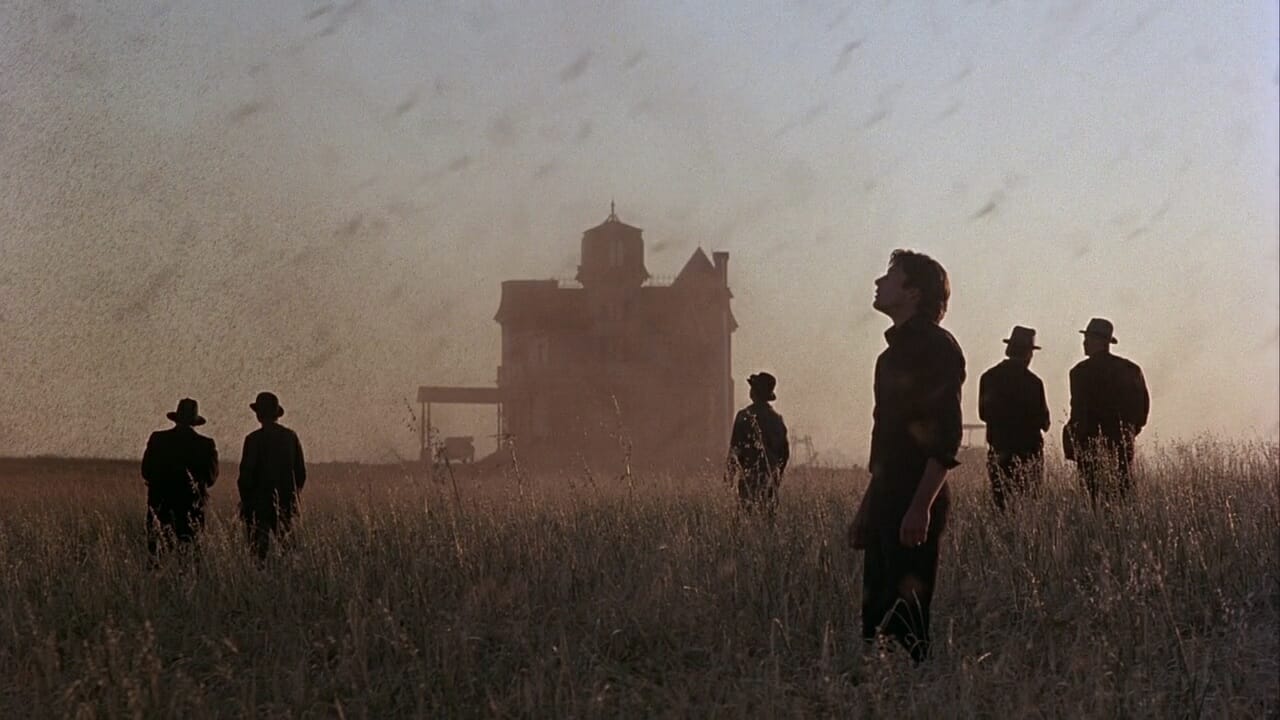-
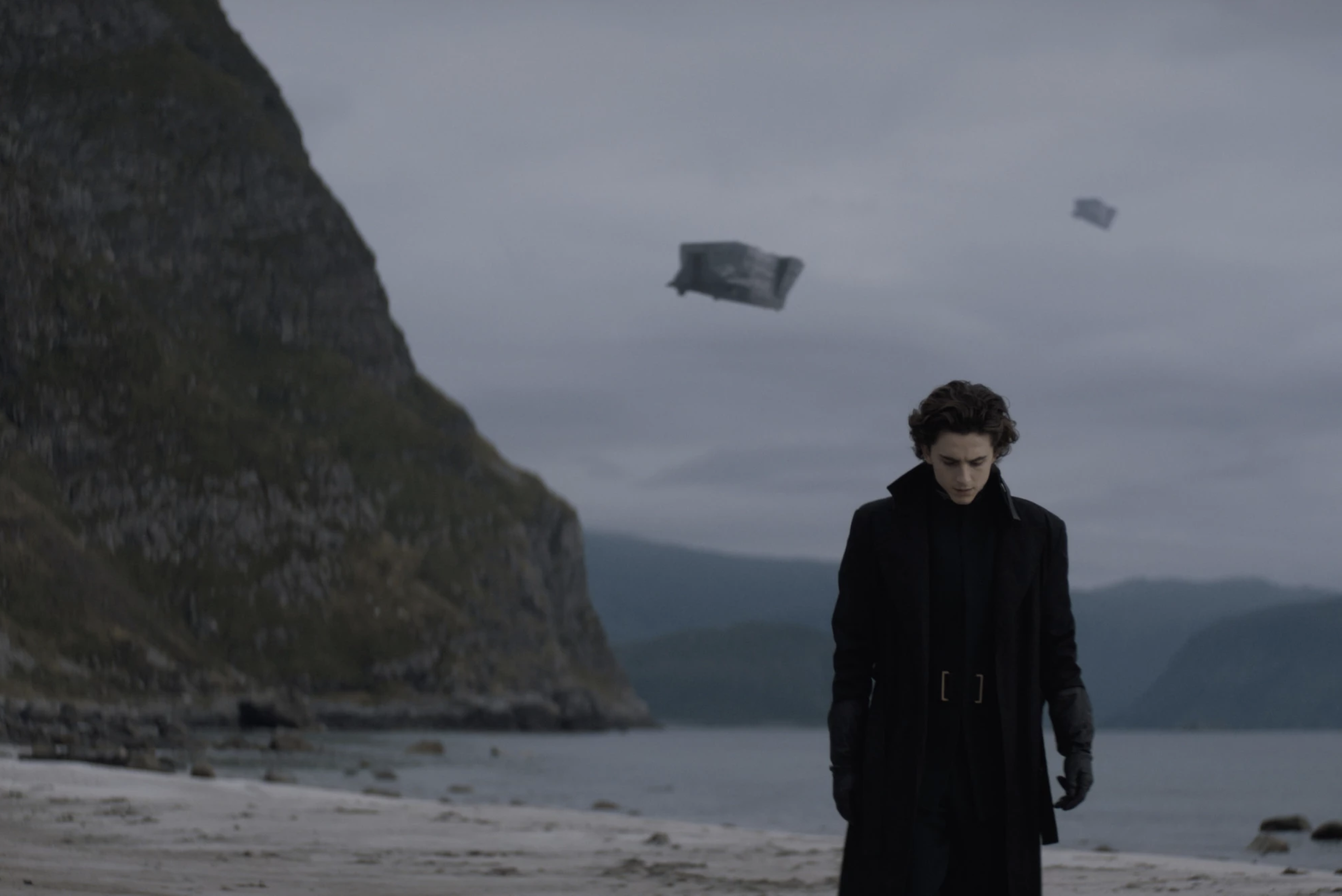
Dune (2021)
Denis Villeneuve succeeds in giving Frank Herbert’s epic space opera Dune the cinematic treatment on a grand scale, digging into its Greek mythological archetypes as a compelling canvas upon which he intricately paints out awe-inspiring civilisations, landscapes, and worlds of historic and futuristic significance.
-
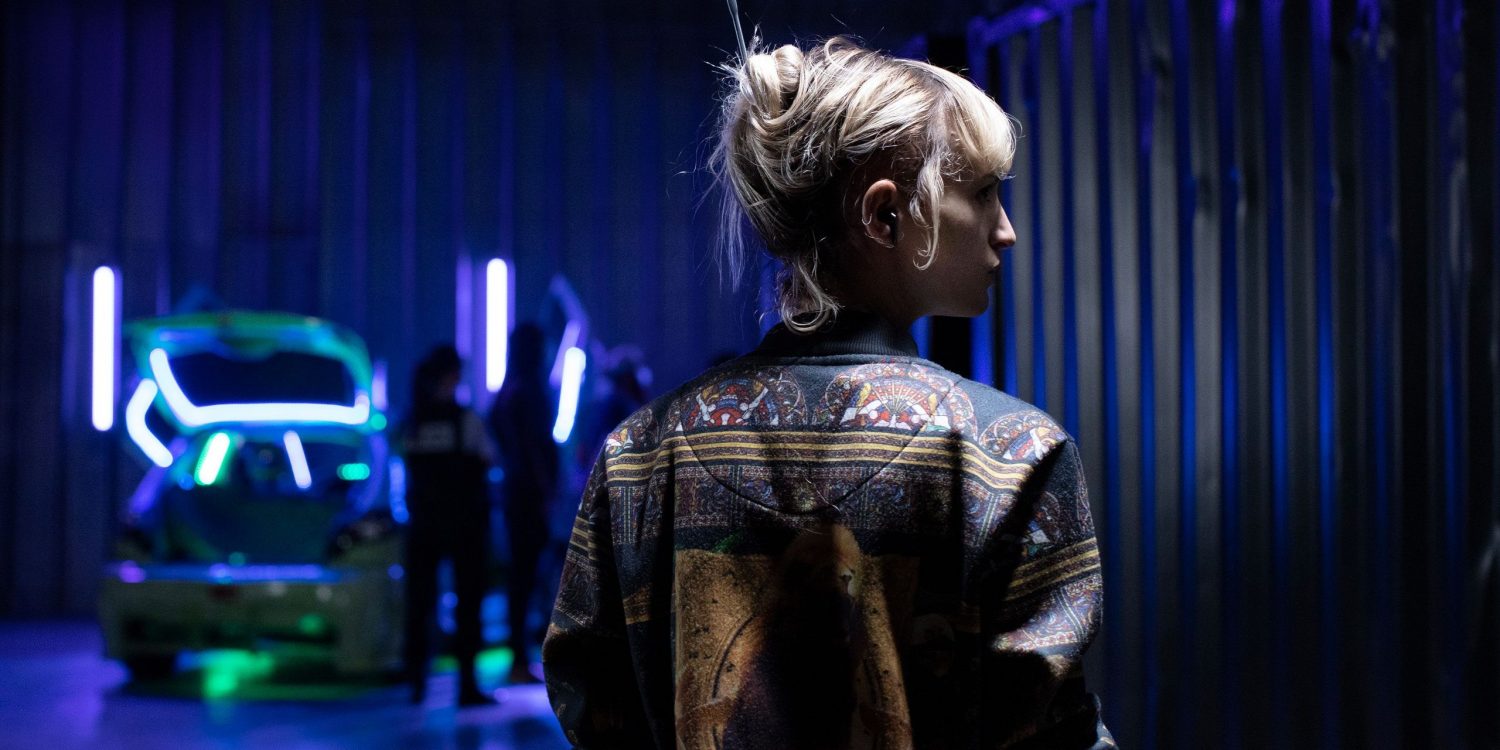
Titane (2021)
With its protagonist’s intense attraction towards vehicles, string of cold-blooded murders, and fraudulent identity, Julia Ducournau’s Titane sketches out a disturbing portrait of a character as unpredictable as she is brutally misanthropic, preferring the cold sheen of metal over the soft touch of a human.
-

The Adventures of Prince Achmed (1926)
The Adventures of Prince Achmed would still be a great feat of filmmaking even if it were the hundredth or thousandth feature-length animation, but the fact that Lotte Reiniger’s imaginative Middle Eastern fable of magic, adventure, and shadow puppetry is the first of its kind is simply remarkable.
-

His Girl Friday (1940)
There may be screwball comedies that can match His Girl Friday in sheer narrative lunacy, but Howard Hawks’ satirical take on the newspaper industry stands unparalleled in its breakneck pacing which, when combined with its rhythmic, rattling screenplay and the verbal gifts of Cary Grant and Rosalind Russell, becomes an accelerating effort to keep outdoing…
-
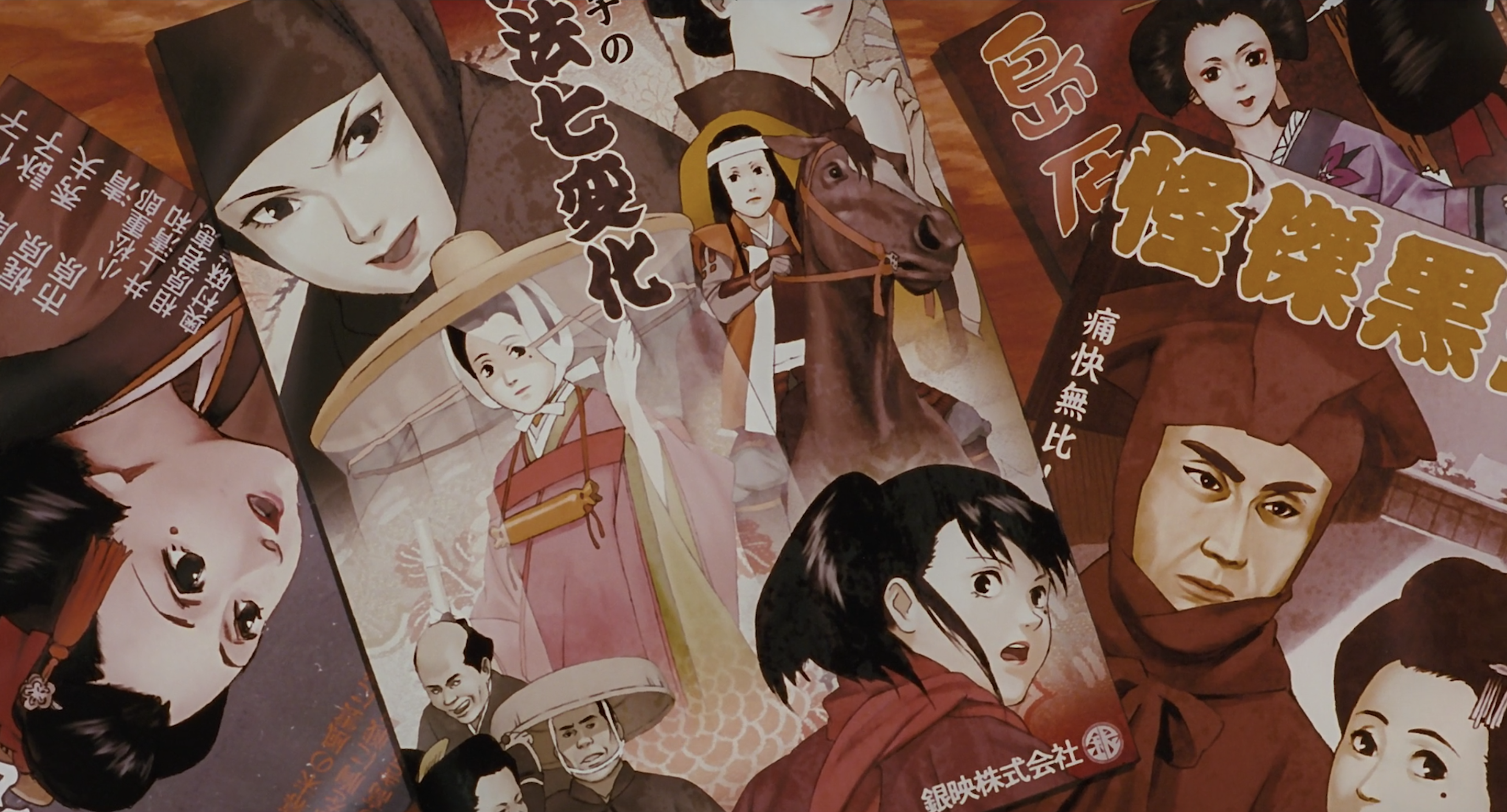
Millennium Actress (2001)
In his deft weaving together of disparate historical accounts and film genres, Satoshi Kon’s existential probing of questions regarding truth, fiction, celebrity, and purpose in Millennium Actress becomes a magnificently collaged narrative, reflecting the inexorable human ambition of its characters to attain that which impossibly lies beyond the reach of both reality and imagination.
-
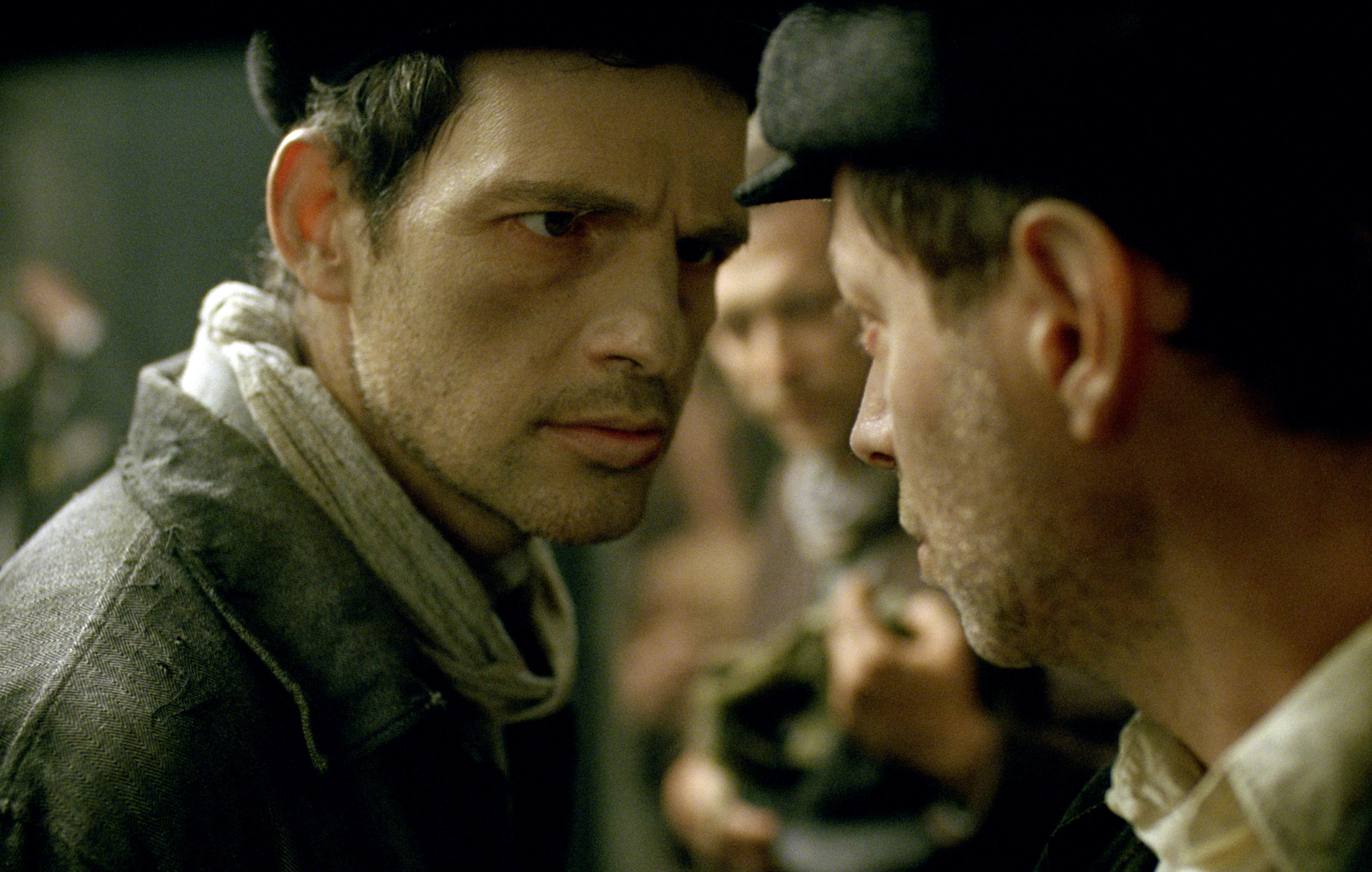
Son of Saul (2015)
Through László Nemes’ rigid, principled application of close-up tracking shots and a shallow focus that keeps the horrors of the Nazi concentration camp setting just barely out of sight, he effectively narrows the scope of Son of Saul to a single, harrowing perspective of an otherwise monumental blight on human history, and in doing so…
-
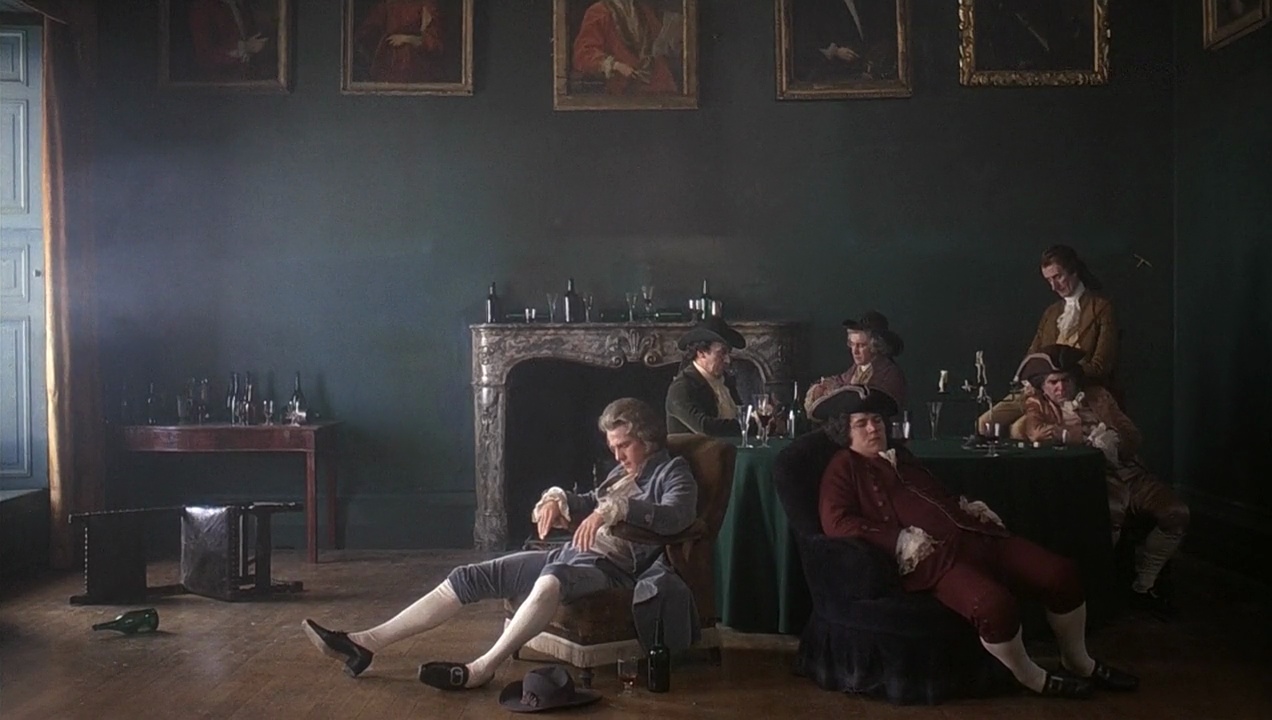
Barry Lyndon (1975)
Stanley Kubrick’s astonishing display of picturesque beauty and grace haunts every frame of Barry Lyndon, and through this he sets an impossibly rigid standard of perfection that his messy, flawed characters cannot live up to, even as they strive for self-aggrandising legacies and traditions that only reveal their feeble hubris.
-
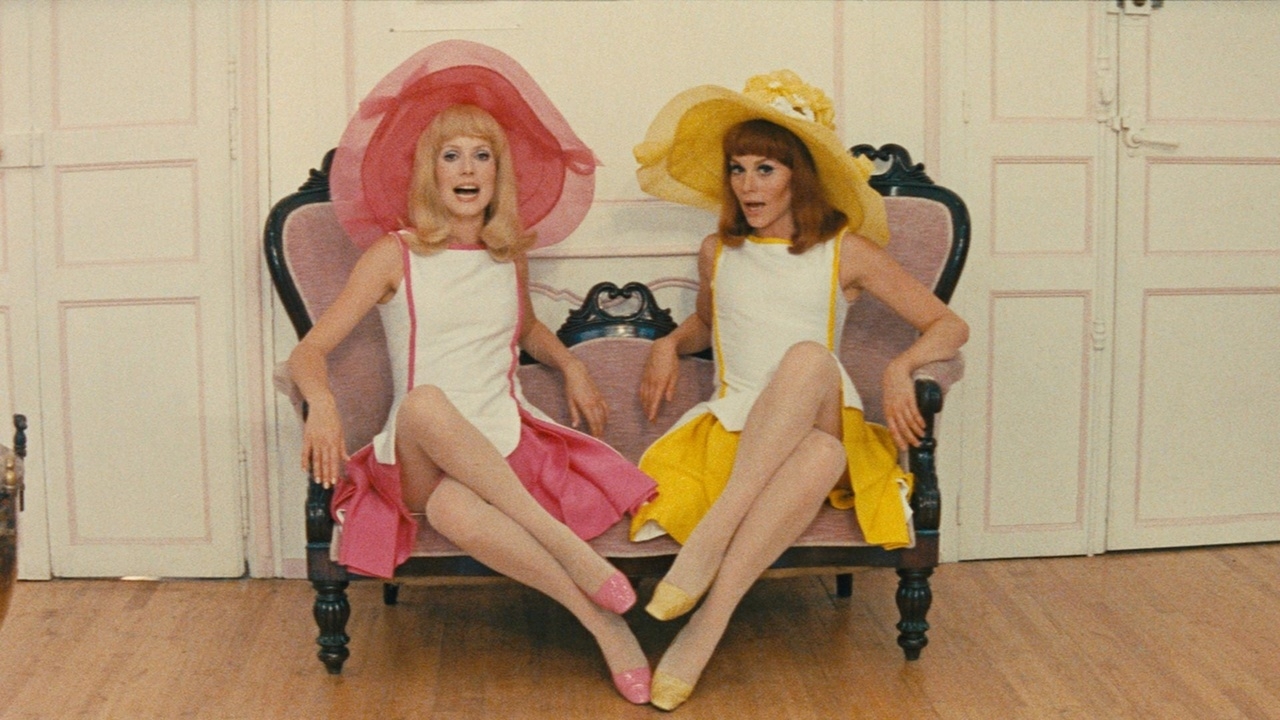
The Young Girls of Rochefort (1967)
In the small city of Rochefort seven hours outside of Paris, the entwining paths of young and old lovers alike wind these dreamy idealists up in some remarkable force of fated romance, joyously orchestrated through artistic expressions of dance, music, and outrageously beautiful colours by French auteur and musical devotee Jacques Demy.
-
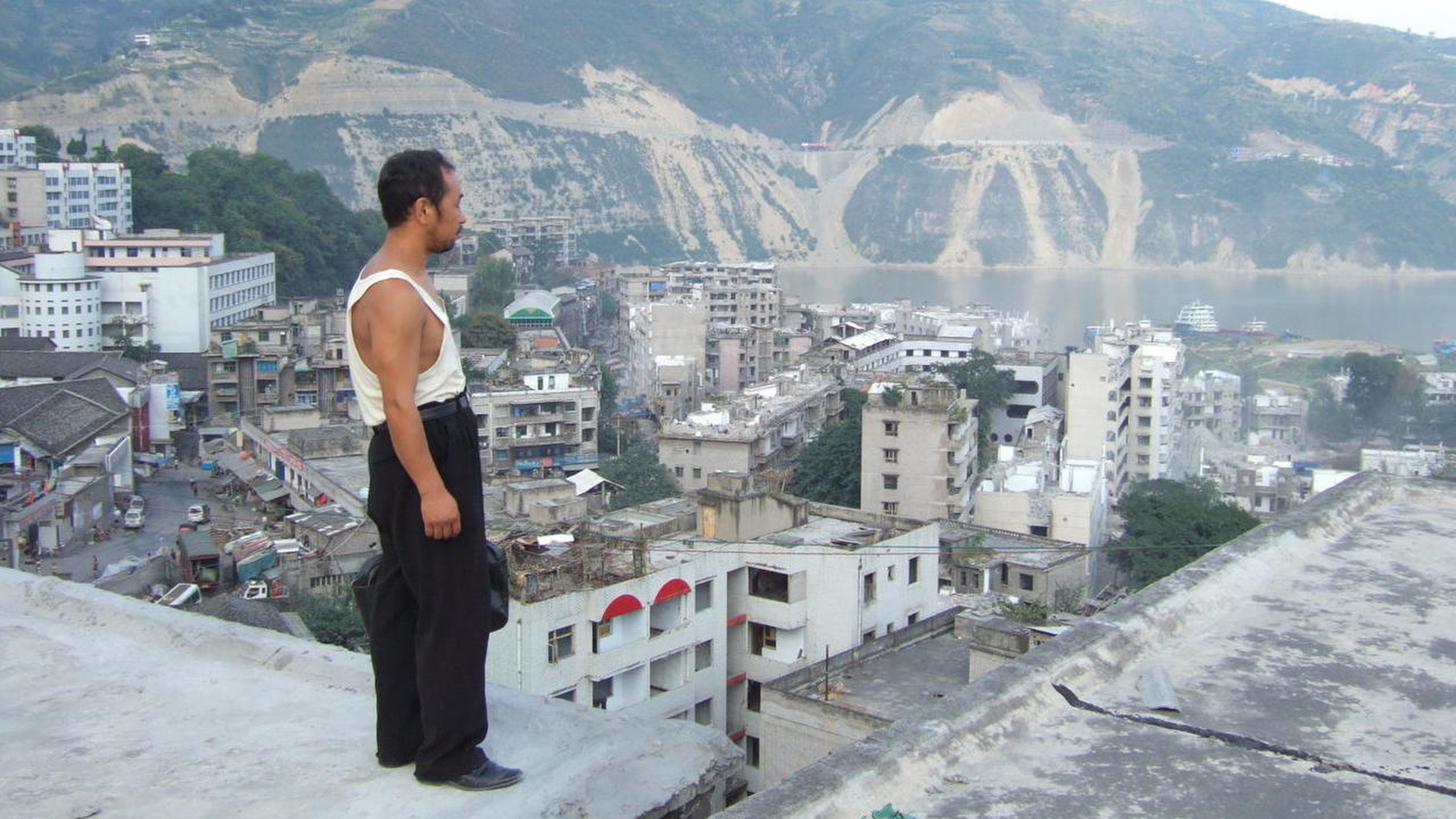
Still Life (2006)
Through the violent demolition of an ancient Chinese village in Still Life, Jia Zhangke brings about an apocalyptic vision of modernity and globalisation, pushing the boundaries of neorealism with an eerie edge of science-fiction imagery.
-
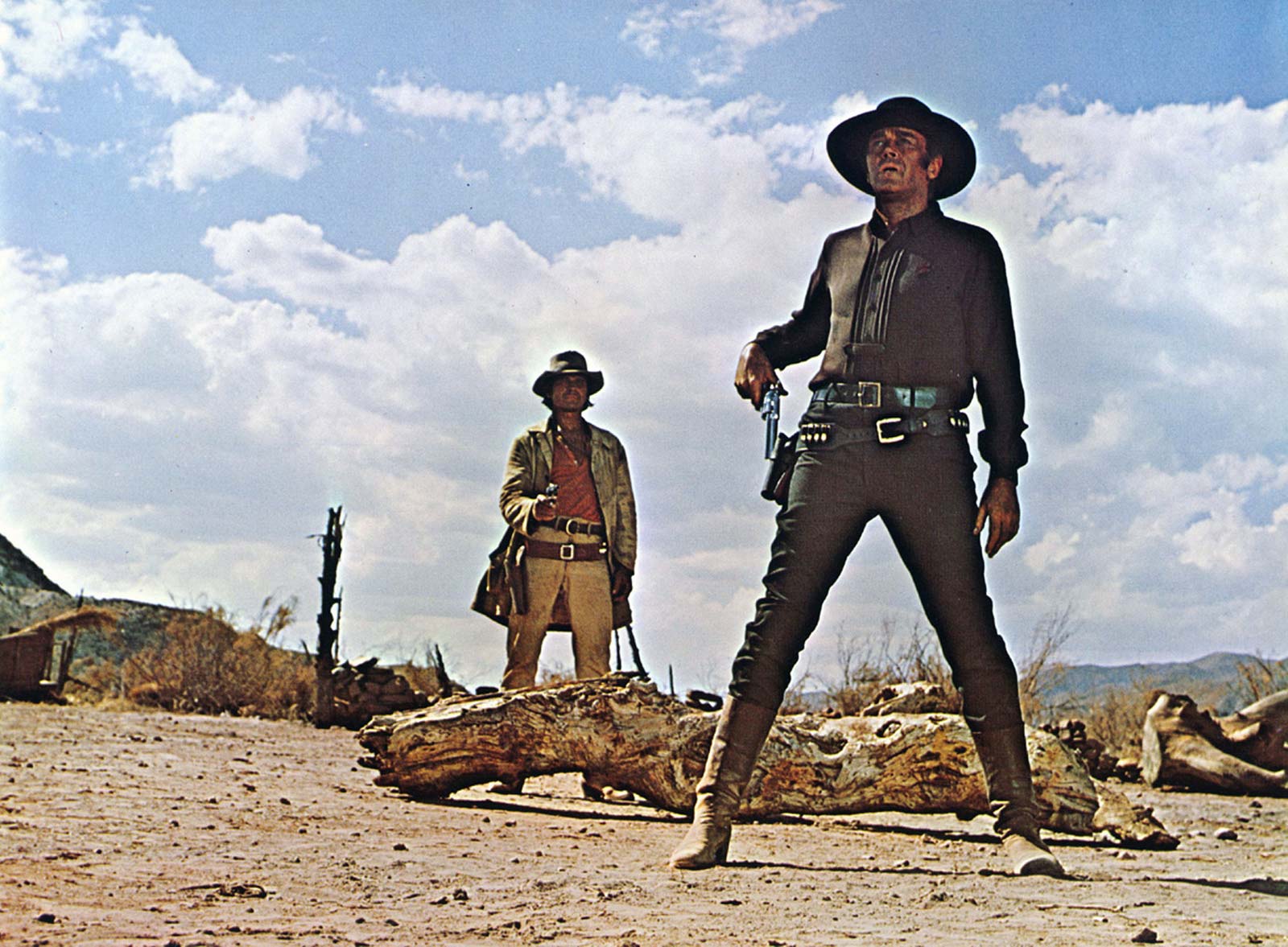
Once Upon a Time in the West (1968)
Once Upon a Time in the West’s epic narrative is more a legendary tale than anything else, as Sergio Leone stages remarkably orchestrated, suspenseful face-offs in dry, open deserts, turning outlaws, lawmen, and pioneers into mythical figures of American history.
-
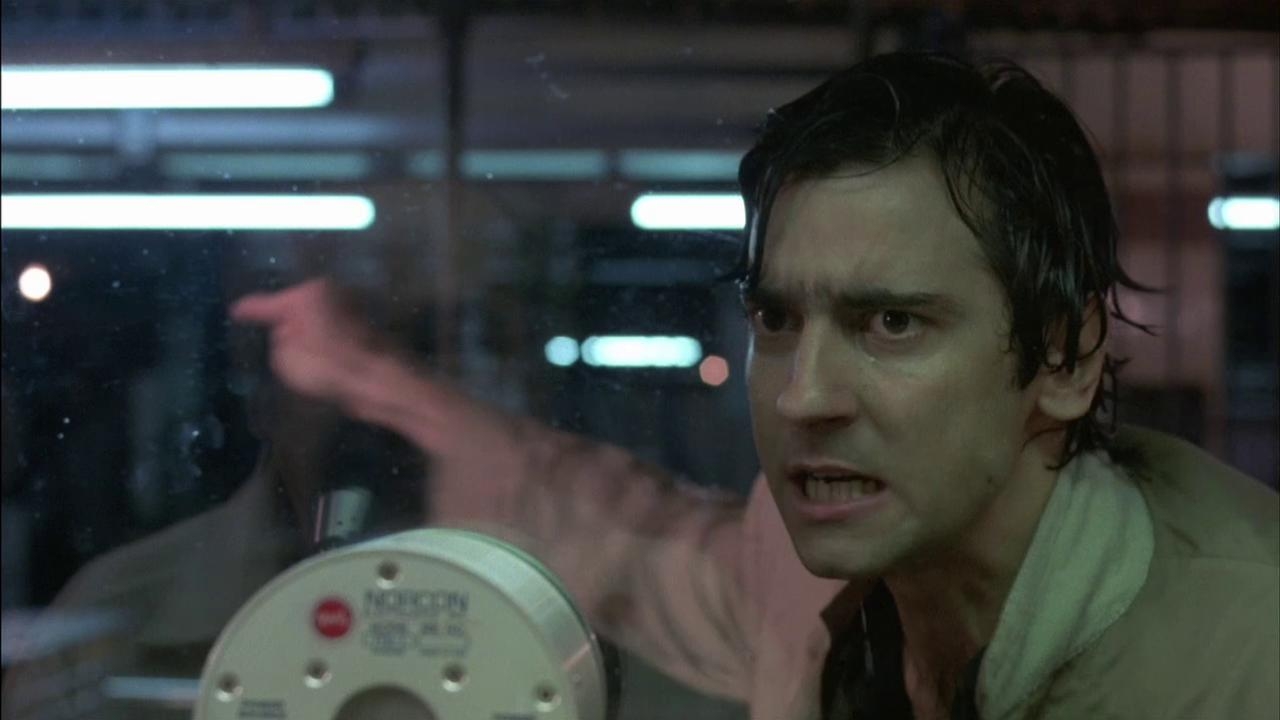
After Hours (1985)
As absurd obstructions and diversions continue to stack up in one man’s simple goal of returning home after work, Martin Scorsese drags us through his oppressive, Kafkaesque narrative, aiming his subtextual critique right at the soul-sapping forces of corporate America.
-
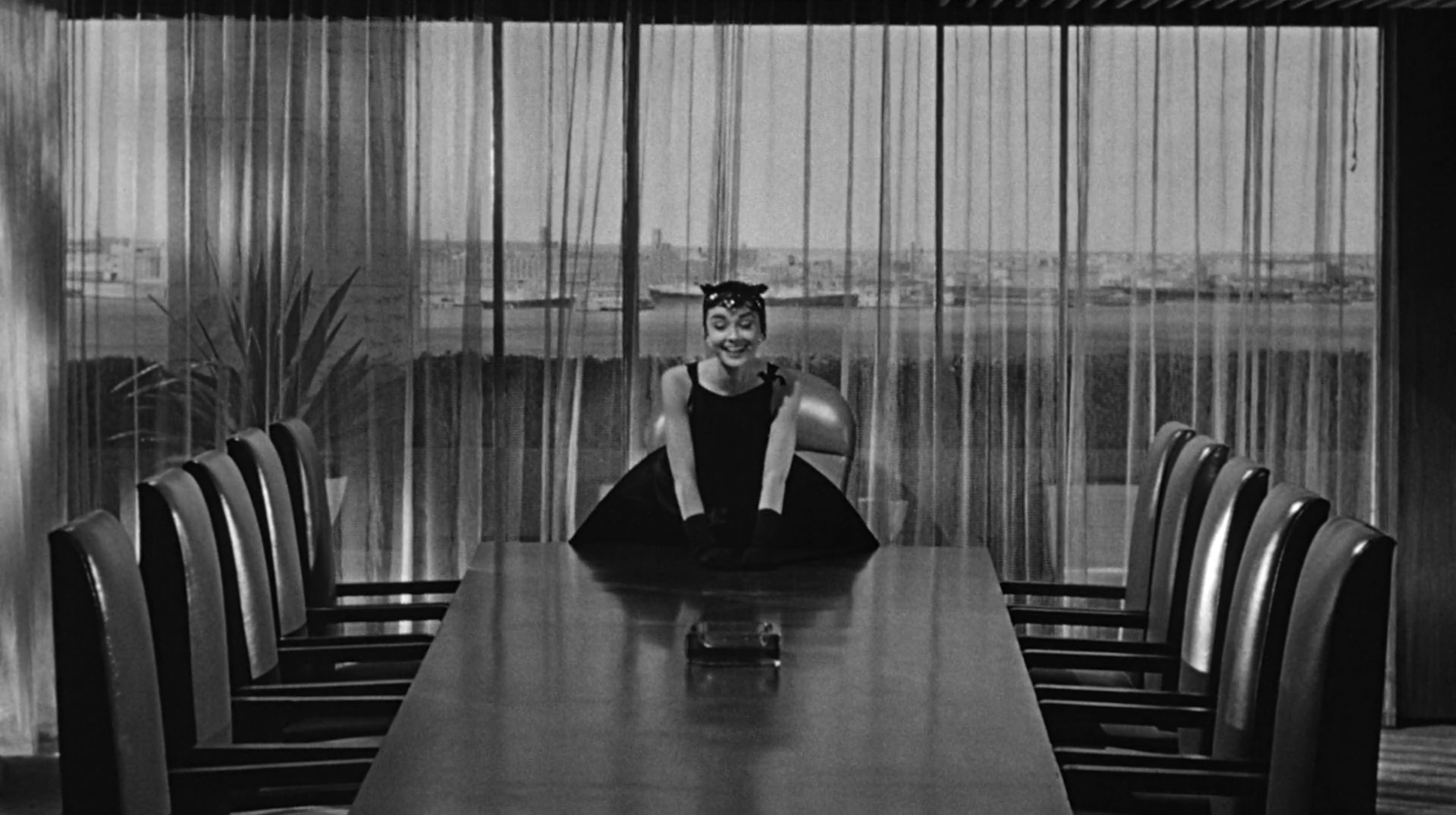
Sabrina (1954)
In Sabrina, Audrey Hepburn combines two roles she would commonly be associated with in her career – the fresh-faced innocent and the stylish fashion icon – and through her gorgeous transformation challenges clearly defined class boundaries, giving rise to a web of intricate relationships that Billy Wilder relishes in his luscious deep focus cinematography.
